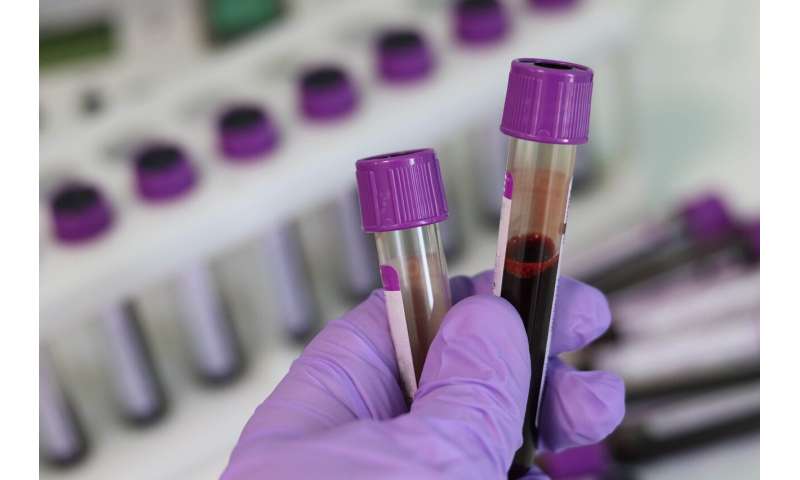
Today, a clinician can order a blood test to check a patient’s cholesterol or hemoglobin A1c levels—biomarkers that help predict an individual’s risk of cardiovascular disease or diabetes, respectively. But despite decades of advances in the understanding of Alzheimer’s disease (AD), a blood test for predicting its risk remains elusive. Imaging scans of the brain and lumbar punctures that collect cerebrospinal fluid can offer diagnoses, but such tests are expensive and cumbersome for patients.
Two years ago, investigators at Brigham and Women’s Hospital reported the development of a blood test for a fragment of the protein tau, a…

























